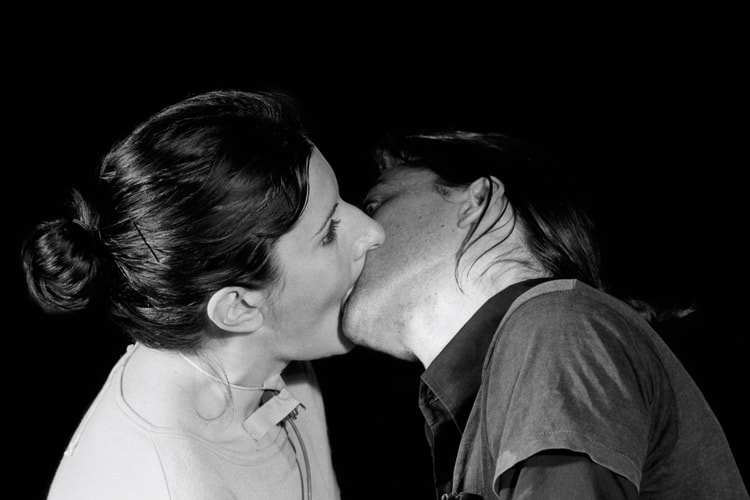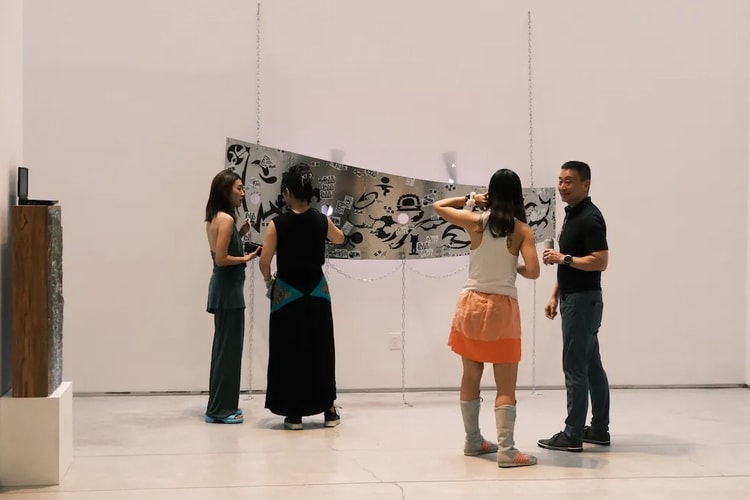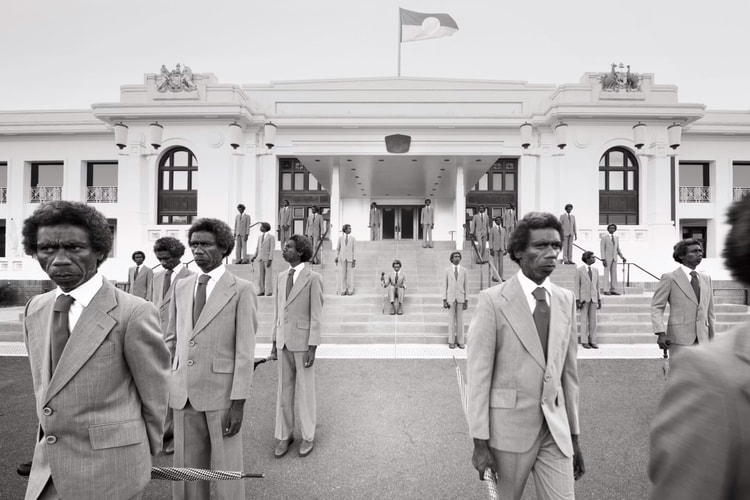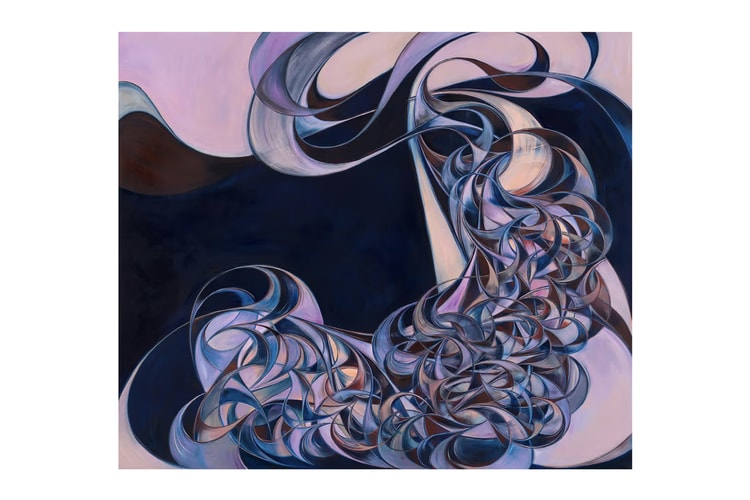Visionary Painter Raymond Saunders Dies at 90
Leaving behind a legacy of fearless experimentation.
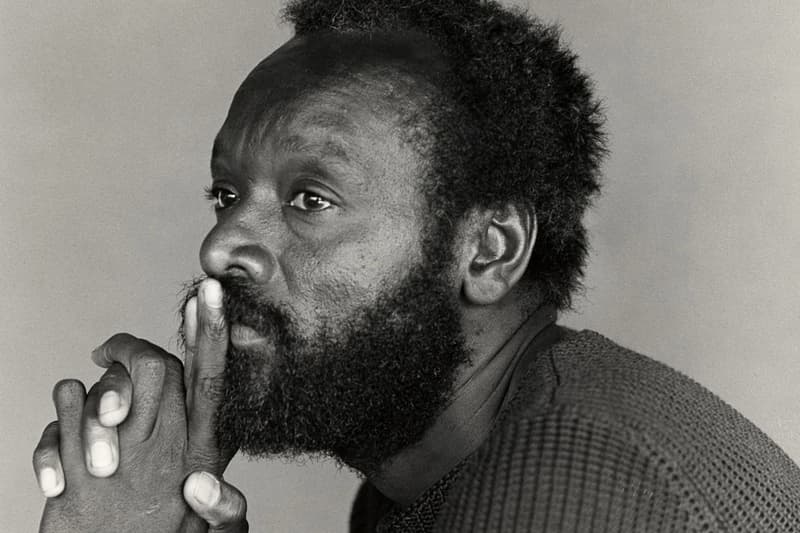
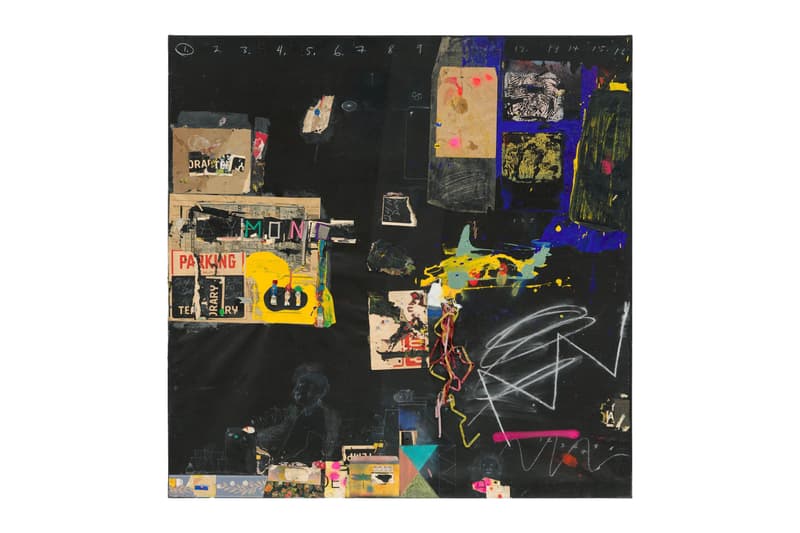
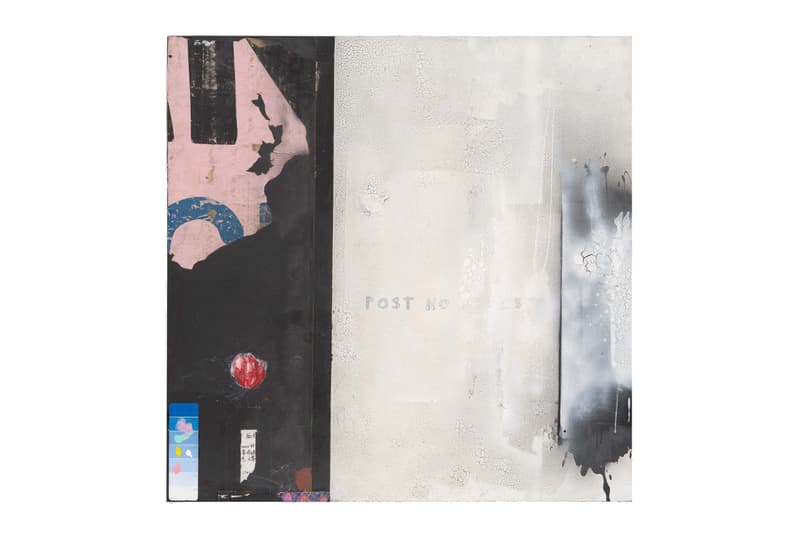
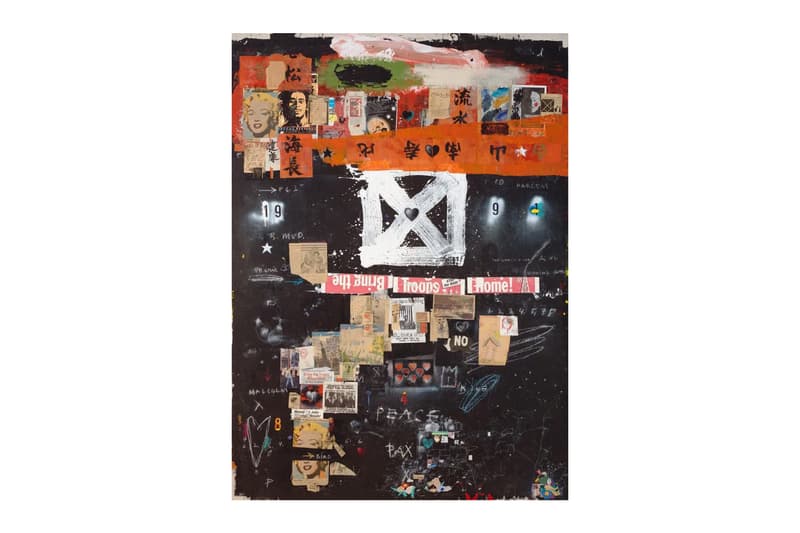
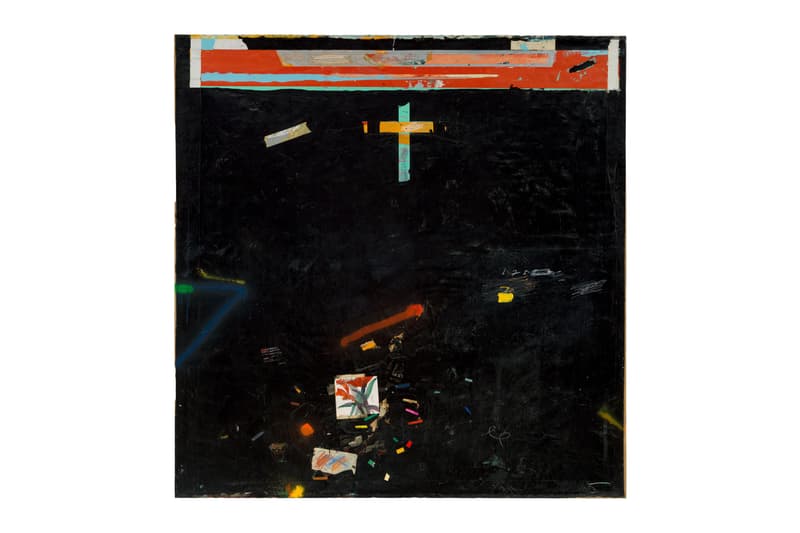
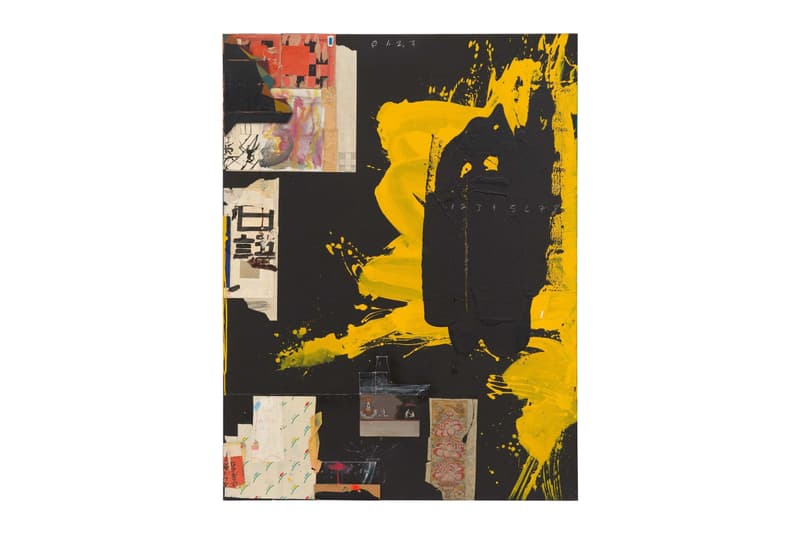
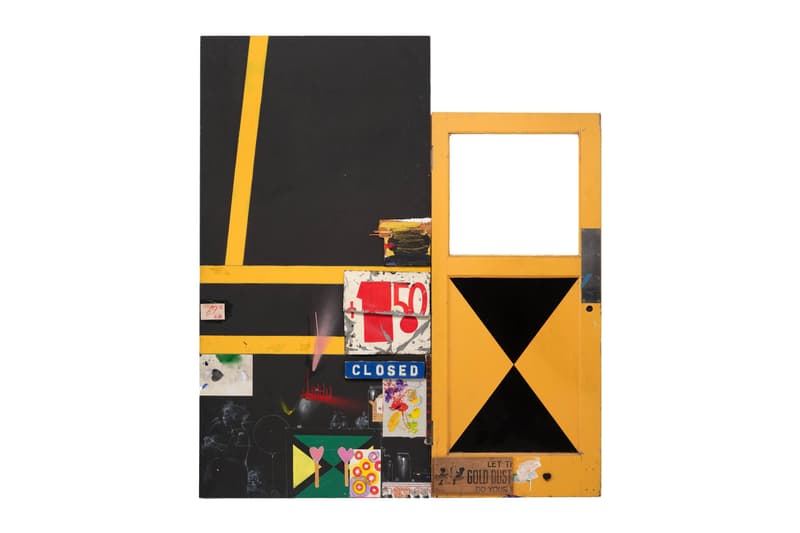
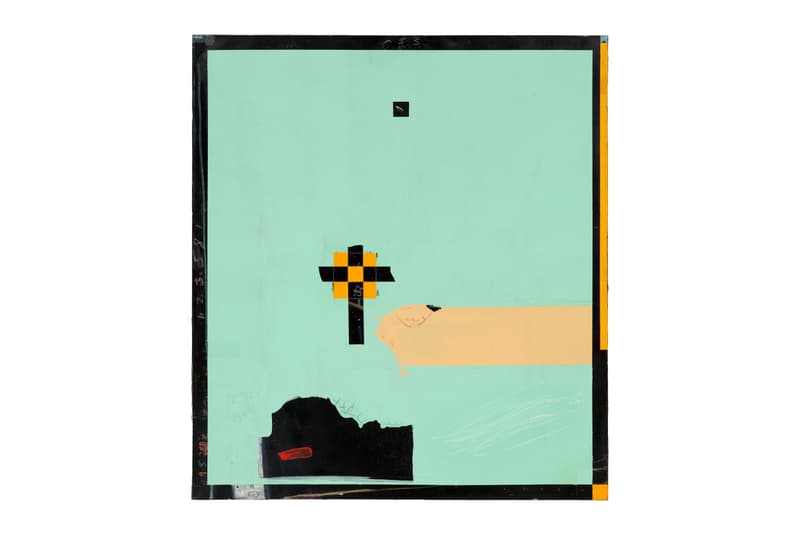
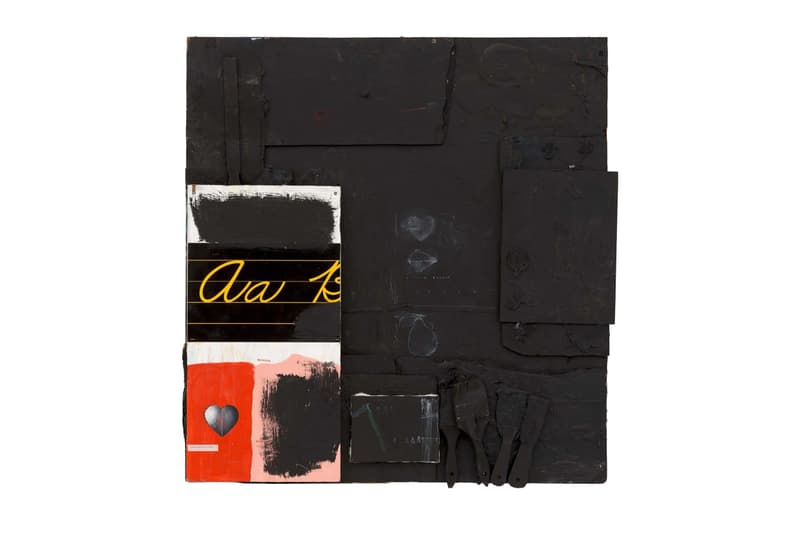
Summary
- Raymond Saunders, the influential painter whose assemblage-style works explored the expansivity of Black artists in the modern and contemporary art landscape, has died at 90.
- The announcement comes just a week after the closing of Saunders’ first major museum retrospective in his hometown Carnegie Museum of Art.
Raymond Saunders, the radical American artist known for his radical approach to abstraction and assemblage, passed away at the page of 90. His death was confirmed in a joint statement co-published by his representing galleries — Casemore, Andrew Kreps and David Zwirner — earlier this week.
Saunders’ oeuvre is defined by his resistance to categorization. Through texture, symbolism and material he challenged the viewer to reconsider assumptions about Black identity and cultural expression. In his assemblage-style artworks gestural brushwork sits beside vibrant color fields, notational markings and found objects, and served as a means of interrogating the dense fabric of American history.
News of his passing follows the recent close of Flowers from a Black Garden at the Carnegie Museum of Art, where he took art classes growing up. The exhibition marked the first major museum retrospective for the two-time National Endowment for the Arts Awards recipient.
Born in Pittsburgh in 1934, Saunders received a BFA from Carnegie Institute of Technology, and later moved to Oakland to pursue an MFA the California College of Arts and Crafts, where he became a professor.
Saunders leaves behind a legacy of fearless experimentation through bodies of work that bolsters the autonomy and expansivity of Black artisthood. In his 1967 essay Black Is a Color he wrote: “i’m not here to play to the gallery i am not responsible for anyone’s entertainment. i am responsible for being as fully myself, as man and artist, as i possibly can be, while allowing myself to hope that in the effort some light, some love, some beauty may be shed upon the world, and perhaps some inequities put right.”












